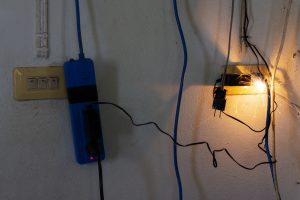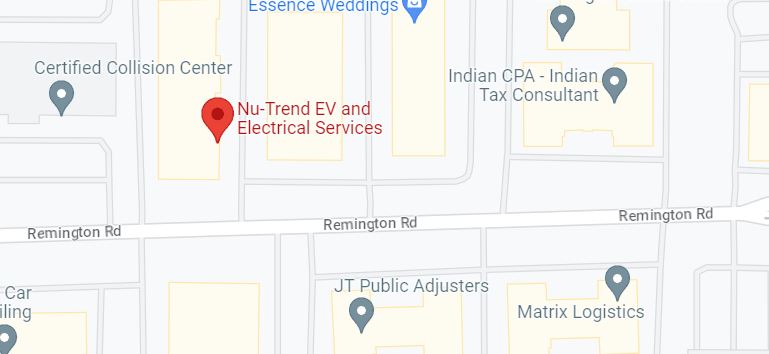Can Backup Generators Charge Electric Vehicles?
Electric vehicles require an electricity source to charge. Unsurprisingly, EV owners dread an extended power outage—which puts their uncharged vehicle out of commission for the duration of the electricity cut. Fortunately, by taking precautions, an EV can be adequately charged by a backup generator.
What are the typical methods of charging an EV?
Under everyday conditions, EVs are charged with a Level 1 charger or a Level 2 charger. On occasion, vehicles may be charged with a Level 3 charger. These chargers provide varying voltage levels and charging speeds. Depending on EV charging levels, they also are installed differently.
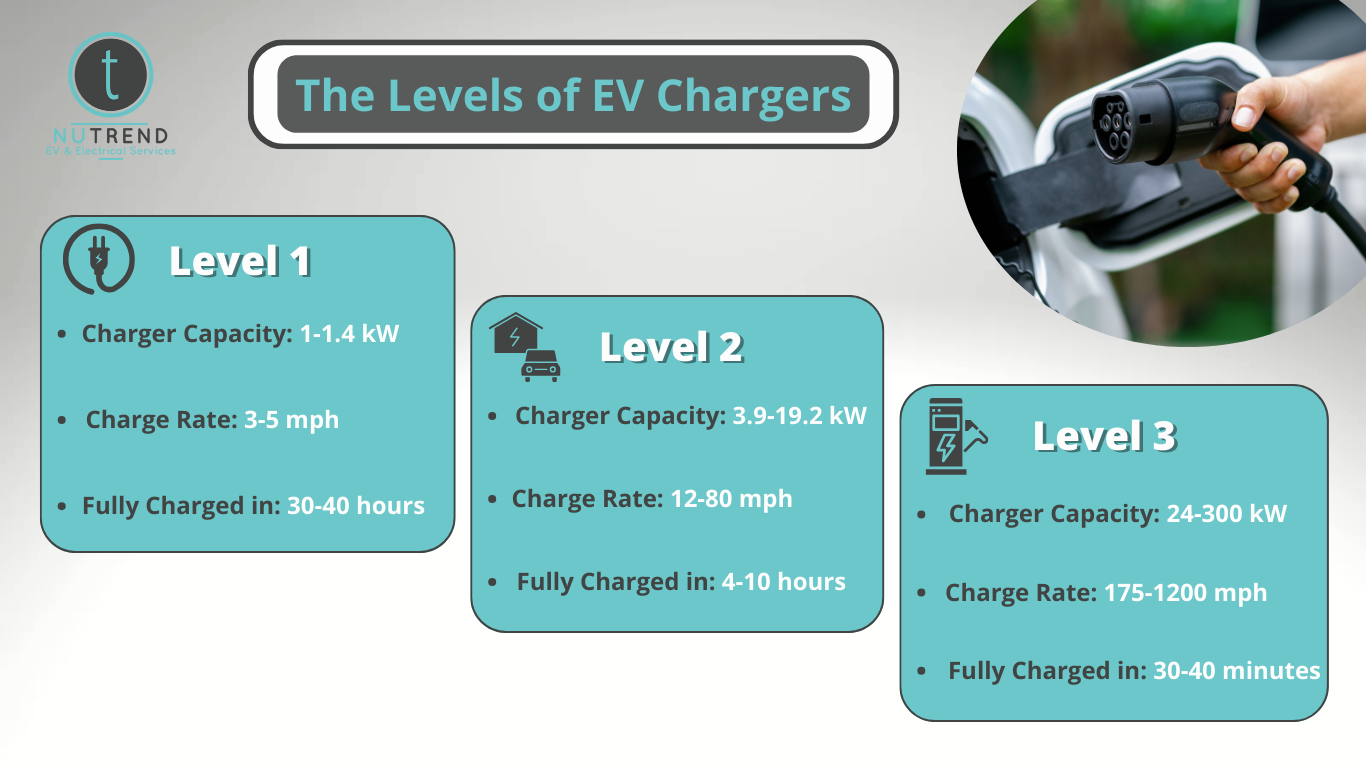
- Level 1 charger: A Level 1 charger relies on the home’s 120-volt power outlet. The EV is plugged into an outlet with a dedicated circuit, which prevents the home’s electricity from being drained. This is the slowest way to charge, as it provides a full charge within 40 hours.
- Level 2 charger: A Level 2 charger is more convenient, as it provides a faster charge. However, since this charger utilizes a 240-volt station, it must be installed in the home by electricians. The benefit is clear, as the Level 2 charger delivers a full charge within a short span of five hours.
- Level 3 charger: The last charging option is primarily installed on commercial business properties. The Level 3 charger uses direct current to rapidly charge the EV—within 30 minutes. However, installation is too expensive for homeowners and frequent charging with a Level 3 charger is destructive to the car.
What causes power outages?
Clearly, EV owners rely heavily on a reliable power source to juice up their cars and ensure they are ready to go when needed. But power outages can occur in the blink of an eye, leaving EV drivers stranded without a dependable means to charge and travel.
Severe weather can leave EV drivers in the dark. Power lines snap under the weight of snow and ice. High winds can cause power lines to short circuit. Even in summer, increased demand leads to potential overloads in transmission lines. Service interruptions occur during extreme heat.
Other common causes of electricity outages include toppled trees and branches, weighed down by snow and ice, that fall and snap power lines. Wildlife, from birds to squirrels, cause short circuits or power cuts. Cars can crash into utility poles, causing them to collapse and trip the circuits.
Vandals can cause intentional damage to utility equipment. Construction work accidents, such as excavations that dig too deep, set off unexpected power outages. Sometimes energy demand exceeds supply, leading to rolling blackouts. Planned outages also occur for maintenance or upgrades.
Can a backup generator charge an EV?
An electric vehicle (EV) can be adequately charged using a backup generator, provided the following conditions and precautions are met:
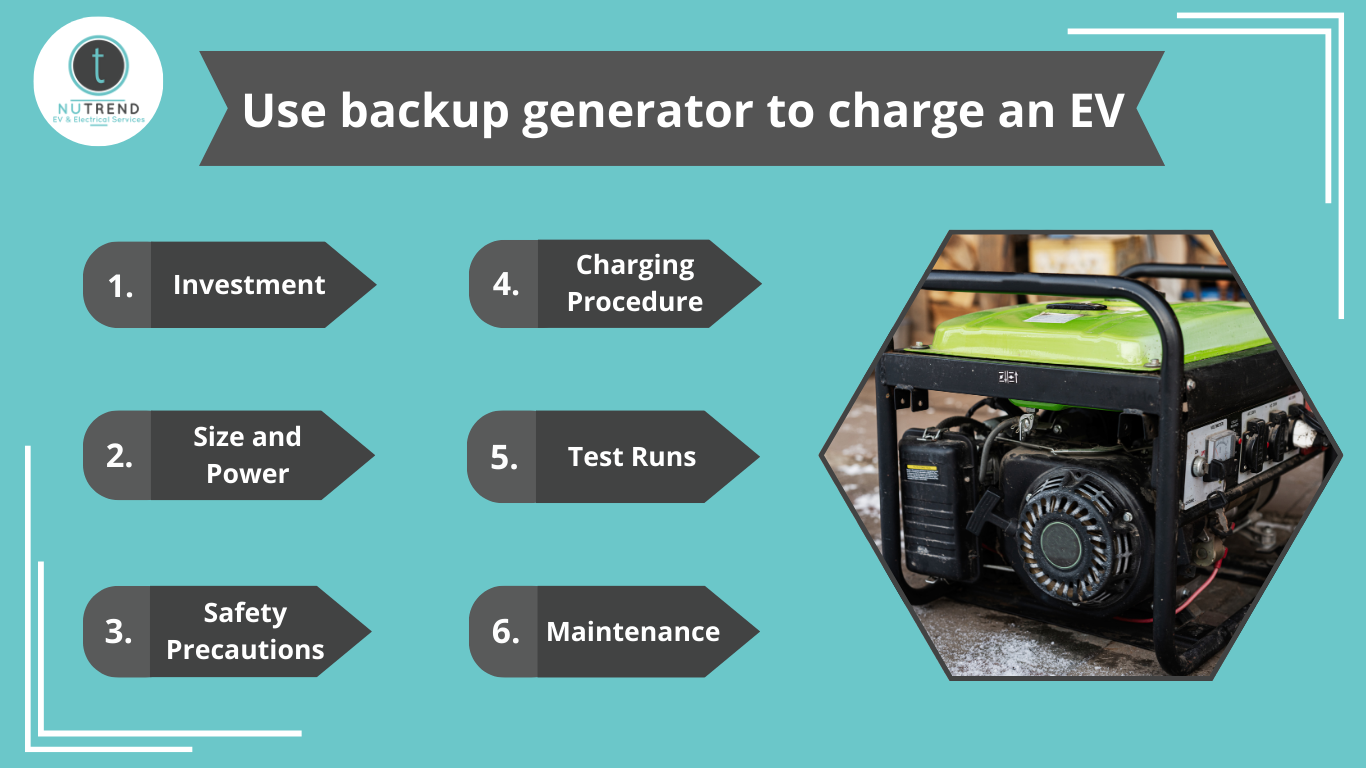
Investment:
When communities are continually at risk for power outages, the most sensible move EV owners can make is to invest in a backup generator. A standby generator can be a hefty expense, costing between $7,000 and $20,000. This major upfront investment is not one all EV owners are ready to make.
Size and Power:
The size of the generator matters significantly, as it impacts its ability to fully charge the EV. Portable electric generators are too small to deliver the minimum 10 kilowatts of power. A backup generator has the power to charge an entire home plus the EV—but it’s incredibly large.
Safety Precautions:
The backup generator should always be run outdoors as a safety precaution because it emits potentially harmful gases. Choose a space that provides adequate ventilation, and protection from the elements and where the generator has plenty of space to circulate air.
Charging Procedure:
When charging the EV using a backup generator, it’s essential to utilize the feature that controls the flow rate between the vehicle and power source. Doing so prevents overloading the generator. An overloaded generator heats up and provides intermittent power (which damages it and the EV).
Test Runs:
Perform short, routine test runs to ensure the generator is functional and has the ability to provide a charge. An initial test run helps identify issues before they escalate. The next test run allows the driver to see how long it takes to fully charge the EV.
Monitor the generator’s temperature gauge during test runs to ensure it doesn’t overheat. The temperature should always run within a safe range. If it overheats, power it down, unplug it, and let it cool. Do not touch the surface, as it could be dangerously hot. Then call a service technician.
Maintenance:
Ensure the backup generator is functional at the most critical times by maintaining it. Change and flush the oil periodically. Change the air or oil filter. Clean the generator’s interior and exterior features. Schedule routine checks by a service technician to keep it running smoothly.
When considering a backup generator to charge an EV, determine the frequency of outages in the area. A sturdy generator is handy in locations that undergo frequent outages. Choose a generator of the right size and with the appropriate wattage to power the house and the EV.
EV Charger Installation
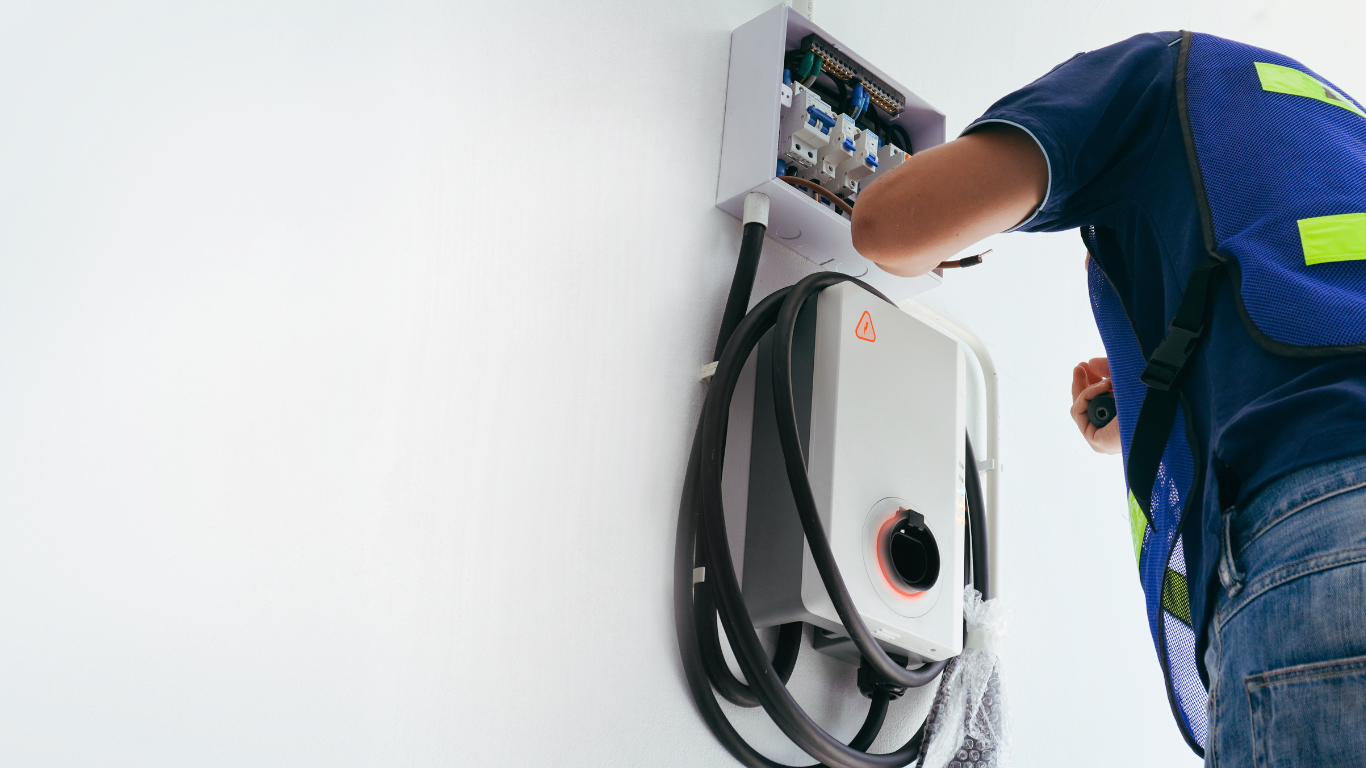
Having a backup generator offers EV owners peace of mind, especially when an area is subject to frequent or even sporadic power outages. EV drivers also experience satisfaction when they have their Level 2 charging station installed by Nu-Trend, a well-rated, certified EV charger installation service.
Expert electricians arrive at your home and inspect the current electrical setup to confirm it has a voltage level that can support the Level 2 charger. We make adjustments, if necessary, to ensure compatibility. Our electricians obtain the necessary permits and complete the installation.
While homeowners opt for a Level 2 charging station installation, commercial businesses seek out the power of Level 3 charging stations. Nu-Trend’s certified electricians are experienced in installing Level 3 chargers, so you offer your customers the added convenience of charging at your retail location.
Nu-Trend’s charging stations are compatible with a wide variety of EV makes and models. When you strive for convenience, affordability, and fast charging, turn to us for your EV charging, maintenance and repair needs. We serve Chicago with dedication. Call our Schaumburg, Illinois, office today to schedule an onsite visit.
Related Posts:
What Our Cients Say
Vil Varadhan
Nu-Trend did a professional installation job for my EV Charger at home. The technician was thorough and put safety first. Although, it was not cheap – The quality of work gives a peace of mind. They took care of City permit etc.
![]()
Kevin Gallagher
Updated panel from 100 to 200 A and installed EV charger. Team was very professional. Shane was responsive and ushered through the permit. Dave and Jr did a clean install and were respectful in my home. Would consider them for future electrical work.
Martin Gardner
We had Nu-Trend add an EV charging port to our garage which was organized via Qmert, who contracted Nu-Trend to do the installation. I first met Dave, who came out to inspect the job site and put together a quotation; he is an excellent, Knowledgeable, and professional electrician. Shane at Nu-Trend took care of all the paperwork which includes a work permit from the local council and inspection after installation. Dave and a co-worker who was also excellent came to the house and did the installation in about half a day, the quality of the workmanship was impeccable. The work passed Inspection with flying colors.
Electrify Your Journey
Nu-Trend EV offers FREE consultation!
Rewiring Chicago!
Our service doesn’t stop at installing the EV charging station; we also specialize in electrical wiring. If your electrical system needs an upgrade to accommodate the increased power demand of an EV charger, we have the expertise to handle the job efficiently and safely.

